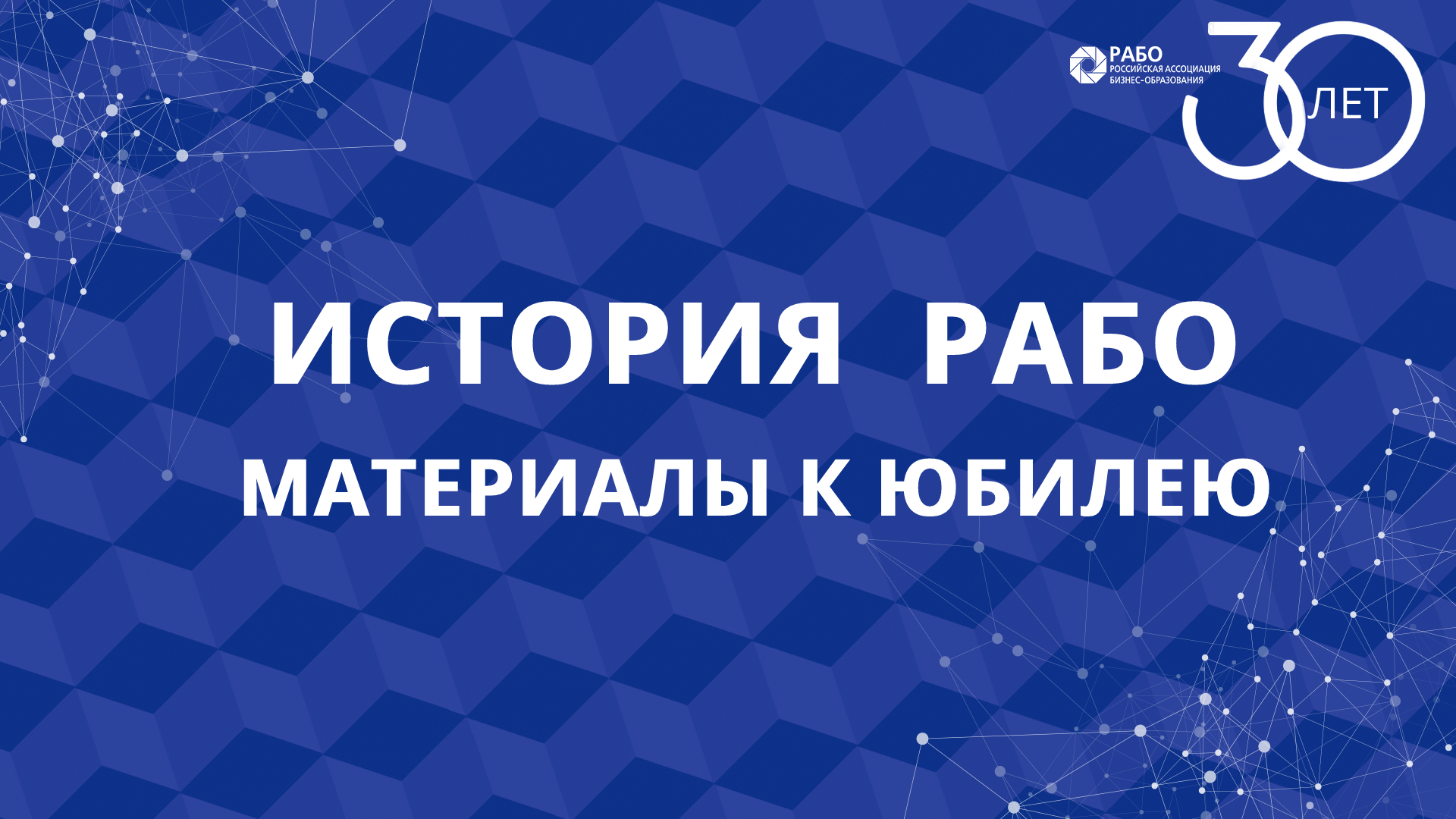Introduction to modern political thought
С открытой датой
Описание мероприятия
Язык обучения: английскийОписание программы
The study of politics is shaped by concepts and methods that have developed over the last three centuries. The study of political theory is concerned with the meaning and justification of those concepts and their continuing relevance to the nature of modern politics.
The aims and objectives of this course are to:
- provide an introduction to the great texts of modern political theory
- examine the meaning and justification of important concepts such as freedom, sovereignty, equality and rights
- explore rival theoretical frameworks such as natural law, utilitarianism, egalitarianism, communitarianism and Marxism
- develop critical skills necessary to examine and assess complex theoretical arguments and to assess their strengths and weaknesses.
Assessment
This course is assessed by a three-hour unseen written examination.
Учебный план:
This course offers an introduction to some of the great texts of European political theory written since the seventeenth century. The period covers the rise and development of the modern state. This form of political association has come to dominate the modern world and continues to shape the structure of modern politics. These texts provide an insight into how this emerging political form is understood, defended and criticised. The course also covers the nature and purpose of political theory in a world of states.
The course begins with an overview of the political context from which modern political theory emerged. This covers the political context and the intellectual context of the European Enlightenment. This is followed by a discussion of the justification of state sovereignty and the legitimacy of absolutist rule. Students will consider the nature and rights of the individual, whether these are compatible with political rule; the use of social contract arguments to explain and justify political obligation; the nature and scope of natural law and the role of property in limiting sovereign power. The legacy of these ideas is explored through a discussion of utilitarianism and contemporary contractarianism.
The second part of the course covers the challenge to the voluntarist account of the state and its account of individuals as free and equal subjects. Rousseau and Hegel offer an alternative model of the state and its connection with freedom. Both of these thinkers develop some of the ideas at the heart of communitarian conceptions of politics and the state. Finally the course considers Marx’s critique of the centrality of the state to modern politics.
Результат обучения:
At the end of this course and having completed the essential reading and activities students should be able to:
- demonstrate a familiarity with main ideas of the thinkers discussed in the subject guide
- provide an account of the main concepts used by the thinkers covered on the course
- evaluate the strengths and weaknesses of the arguments employed in the theories studied
- formulate your own interpretations of the thinkers covered using the model exam/essay questions.




